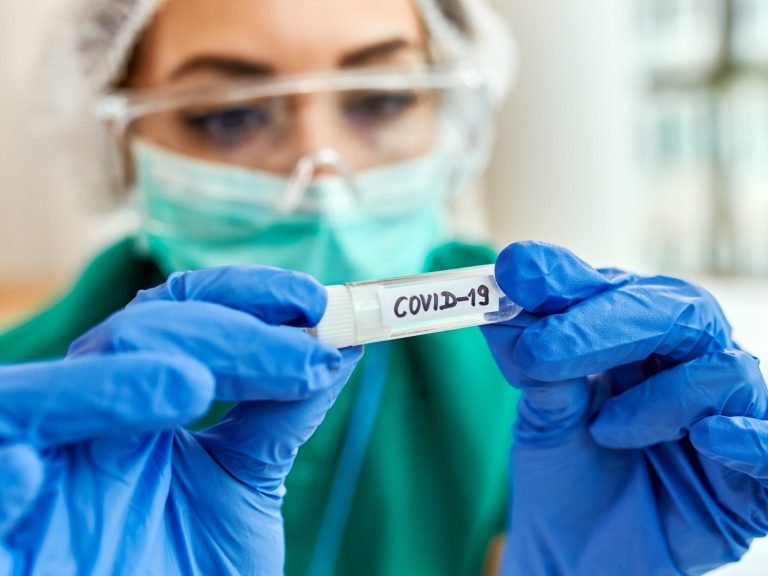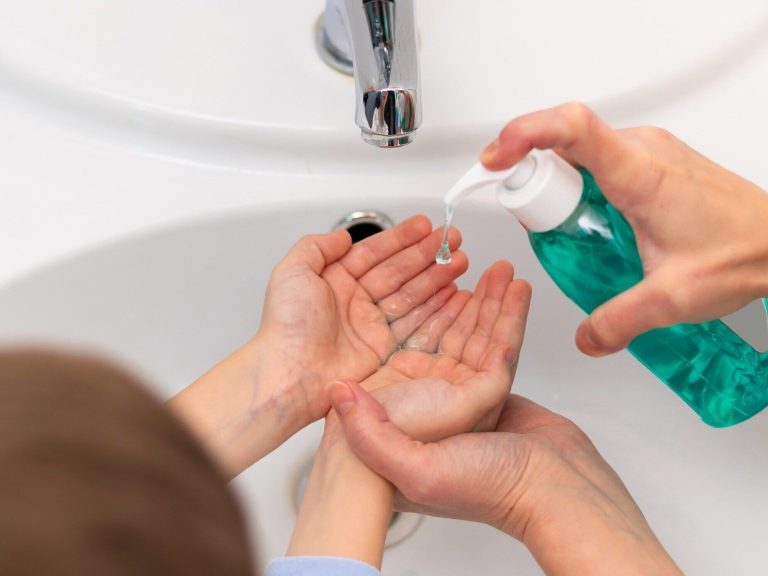It is the “leading killer” among women. How do breast cancer patients feel?

The study showed which factors play a key role in the treatment process for patients with breast cancer. This translates into their quality of life during therapy.
Breast cancer is the “leading killer” among women. After hearing the diagnosis, fear, anger, depression, but also anxiety dominate. What do breast cancer patients need most? The answer to this question can be found in the results of the study “Patients’ awareness and experiences of breast cancer treatment” conducted by Polskie Amazonki Ruch Społeczny. The study was carried out in July and August 2023 on a group of over 1,000 women. It was carried out as part of the #connectedONE campaign. Its aim was to demonstrate how oncology patients evaluate treatment, what their experiences are like, and what is the level of awareness of the availability of therapy.
What is crucial for breast cancer patients during treatment?
As the study results showed, access to knowledge and the ability to choose therapy are crucial for patients. 90 percent of women after breast cancer treatment believe that awareness and knowledge of the diagnosis and treatment process translates into improved quality of life during oncological treatment. In turn, for 82 percent of women, the ability to participate in decision-making and choose the treatment path is important.
“It is clear that breast cancer patients are becoming more and more aware. The study shows that access to knowledge is key. At the same time, many women indicate little sense of influence at individual stages of treatment. This is crucial for us in planning our activities in the future,” notes Elżbieta Kozik, president of the management board of Polskie Amazonki Ruch Społecznego.
Breast cancer treatment – what is the awareness of oncology patients?
Breast cancer patients are most aware of their choice of treatment center. 80 percent of them are satisfied with the facility where the treatment took place. The awareness of the possibility of taking part in a medical consultation was lower – 68 percent of women had it. 67 percent of respondents knew that they could use the help of an oncology coordinator. The survey results also showed that 65 percent of women undergoing cancer treatment were aware that they could seek a second opinion from a doctor about diagnosis and treatment.
As it turns out, patients who have knowledge about treatment options are willing to use the options available to them. Elżbieta Kozik, president of the board of the Polish Amazons of the Social Movement, also points out that breast cancer patients want to be involved in the process of their treatment and have appropriate knowledge on this issue. It is therefore very important that they receive reliable information regarding their rights and options in the area of treatment.
“The problem is that not all centers take full advantage of modern diagnostics and therapy. Therefore, it is so important that patients are aware of modern treatment methods, so that they can choose a center that will offer them, or that they can otherwise participate in choosing their treatment path. One that will be optimal for them. That is why we are constantly developing places where current knowledge on cancer diagnosis and treatment is available, such as the comprehensive online Crisis Center platform with a hotline created by our association, or the Cure Cancer HER2+ campaign,” says Elżbieta Kozik.
Participation of patients with breast cancer in the decision-making process
The study also showed that participation in the treatment decision-making process is important to 82 percent of patients. 73 percent of women in the study confirmed that they had a significant influence on the choice of treatment center. However, the situation was much worse in terms of participation in the consultation – only 33 percent of the surveyed women had an influence on it. In turn, only 19 percent of patients believed that they had an influence on the choice of therapy, and 14 percent – on the form of drug administration.
According to the surveyed patients, the quality of life during cancer treatment is influenced by:
-
knowledge about treatment and availability of various therapies (82 percent),
-
psychological support (77 percent),
-
shorter hospital stay (74 percent),
-
support from the oncology coordinator (73 percent),
-
possibility of treatment at home (69 percent),
-
possible form of drug administration: intravenously, orally, subcutaneously (65 percent).






